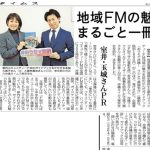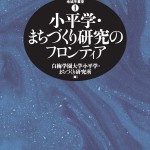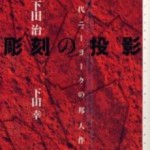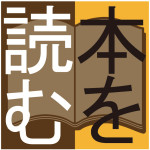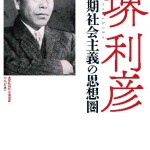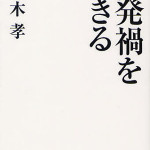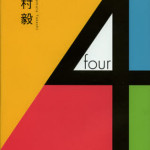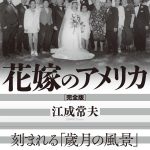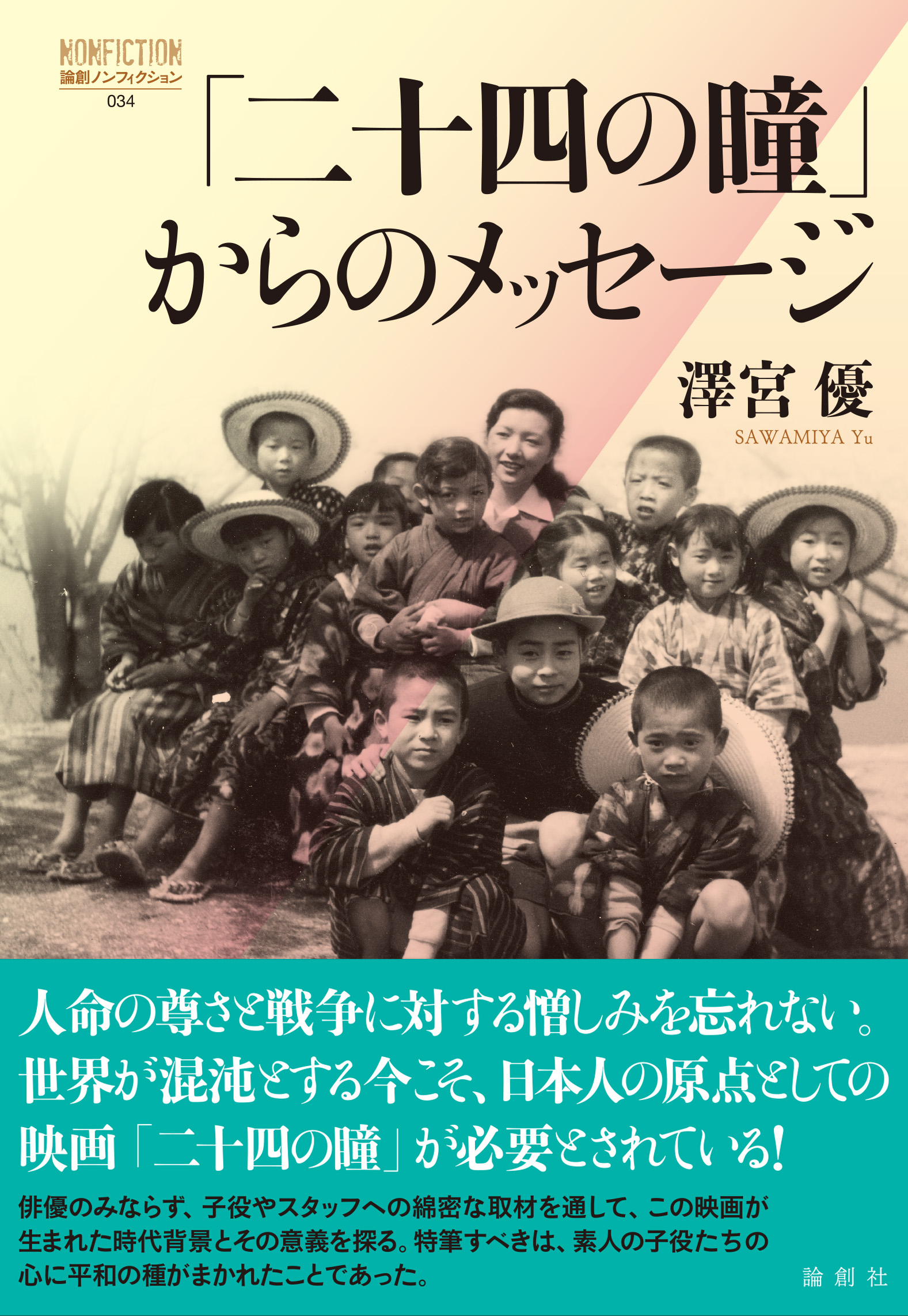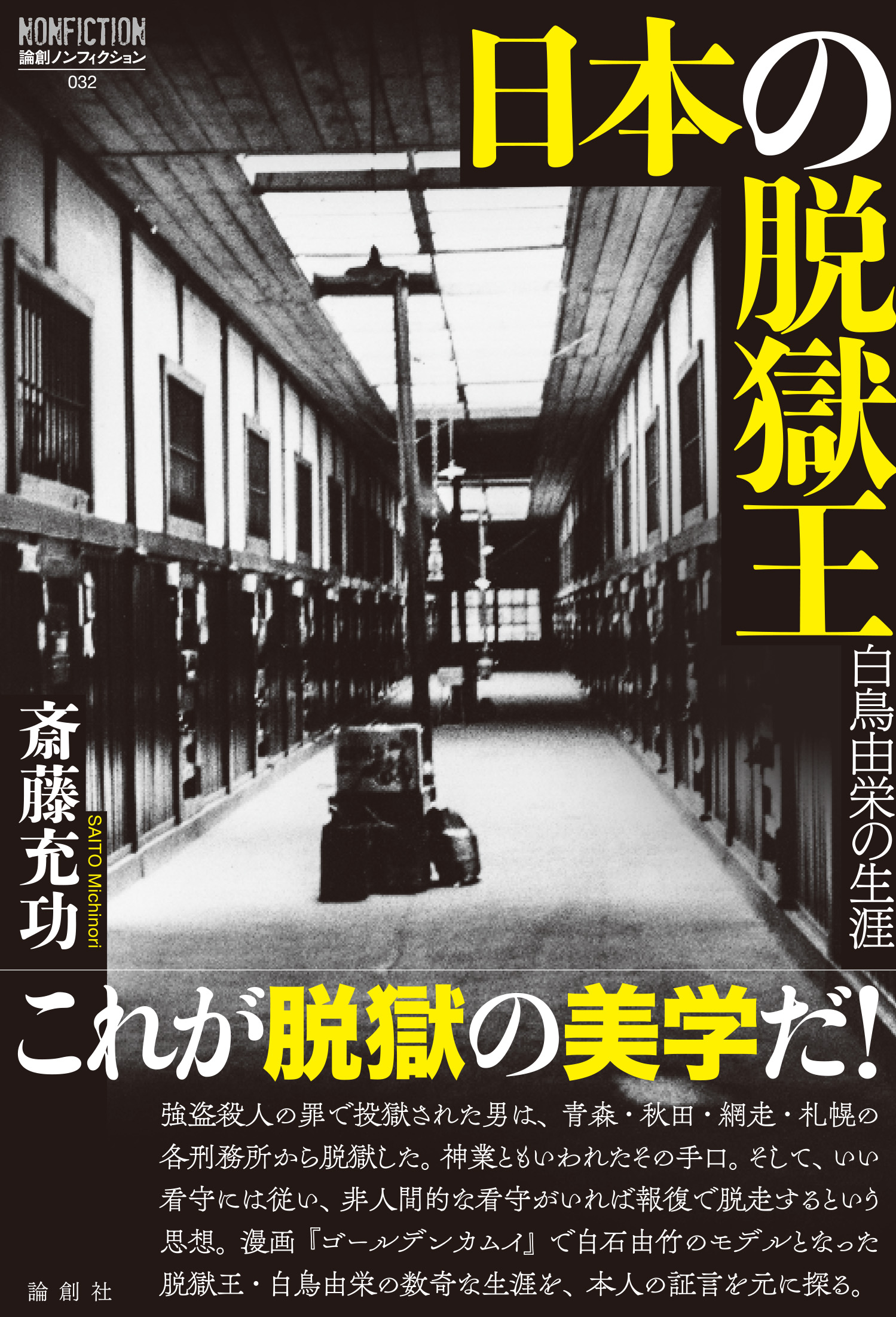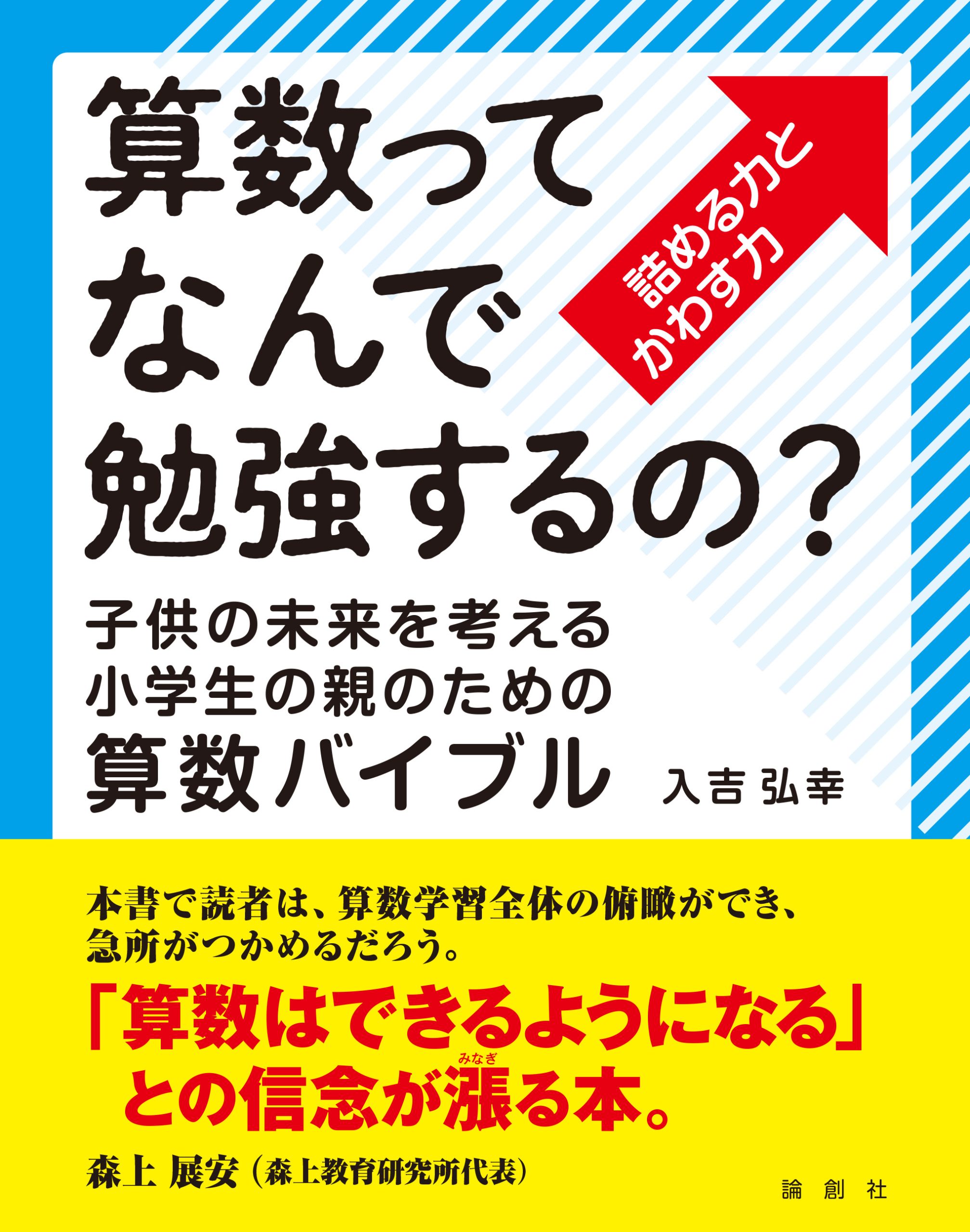- 2019-9-1
- お知らせ, 論創通信, The Nichiren Buddhism【ミステリーな日蓮 英訳版】
15.Never give the prayer of Esoteric Buddhism
Hiroto Ema
The restoration of the belief in the Lotus Sutra which Nichiren aimed at required, first of all, the faith in it by the rulers. In order to achieve this, he organized the Chanting Daimoku (Nam Myoho Renge Kyo) as a form of belief in the Lotus Sutra, and wrote “On Establishing the Correct Teaching for the peace of the Land” to urge them the conversion. However, the shogunate ignored his demand completely.
Then, as Nichiren had foretold, the letter from Mongolia arrived and the invasion by another country was impending. To deal with this unprecedented menace, the shogunate ordered every temple to give the prayer to repulse Mongolia. Especially, it attached much importance to the prayer of Esoteric Buddhism.
On March 1274, Nichiren was pardoned by the shogunate and got back to Kamakura after the transportation of two and half years. There he met Yoritsuna Taira, who was at the center of politics as the chief chamberlain to the Hojyo clan. Yoritsuna received Nichiren politely and asked him when Mongolia would invade. Nichiren answered that it would be before the new year began, and urged him never to give the prayer of Esoteric Buddhism.Moreover, he asserted that if they gave the prayer of Esoteric Buddhism, Japan was bound to lose the battle, and cited the rebellion of Jyokyu, which had occured in 1221.
The rebellion of Jyokyu is the only battle in which the samurais transported members of the Imperial House. The Imperial Court lost to the army of the shogunate and ex-Emperor Gotoba and Jyuntoku were transported to Oki Island and Sado Island respectively. Nichiren criticized that Yoshitoki Hojyo, a commoner, attacked ex-Emperor Gotoba as a son assaulted his parent and a vassal rebelled against his master, so neither Amaterasu Ohmikami (the great God) nor Yahata no Kami (the God) would side with him. And he maintained that the samurais had defeated the aristocrats because the Imperial Court had believed in Esoteric Buddhism and given the prayer of it.
Why did Nichiren criticize Esoteric Buddhism? According to him, it is because Esoteric Buddhism claimed that the Mahavairochana Sutra was superior to the Lotus Sutra, and Buddha of Mahavairochana was more essential than Shakyamuni who had preached the Lotus Sutra. However, it was never easy for Nichiren to make an enemy of Esoteric Buddhism, and he needed very careful preparations. I would like to explain the reason of it in the next section and digress a bit here.
When Nichiren wrote the character of a country , he often used the character of common people within walls instead of , which means a king within walls. So some say that as early as the Kamakura Era Nichiren understood a country from the viewpoint of common people, not of a king or a ruler. Though this kind of interpretation seems modern and comfortable, I think it ignores the time background of a status society. In fact, when he used the character of common people within walls instead of a king, he might have meant the Hojyo clan, a house of samurais, by it. In other words, he used it as a contrast to “the Children of the Heaven”, which means the Emperors. Also, he contrasted samurais with aristocrats. And Nichiren emphasized repeatedly that after the rebellion of Jyokyu the Hojyo clan governed Japan, which had once been governed by the Emperors. So, for him, the ruler of Japan was no longer the Imperial Court but the shogunate led by Hojyo clan. It is essential to understand such a thought of Nichiren.
September 1st 2019
Please let us know your feedback via e-mail.
(Next section will be released on October 1st)
Back Number→The Nichiren Buddhism
15.密教の祈祷をしてはならない
江間浩人
日蓮が目指す法華経信仰の再興には、何よりもまず為政者による法華経信仰が必要でした。そのために称名念仏に代わって唱題という法華経信仰の形式を整え、「立正安国論」を執筆して為政者に改宗を迫ったのです。ところが、幕府はこの要請に沈黙を貫きます。
そして、日蓮が予言した通り、蒙古からの国書が届き、他国からの侵略が眼前に迫ってきたのです。この前代未聞の国難に、幕府は敵国退治の祈祷を寺社に命じました。その中で、特に重きを置いたのが密教による祈祷です。
日蓮は、1274年3月、幕府に赦されて約2年半ぶりに佐渡から鎌倉に戻ります。そして、内官領として幕政の中枢にいた平頼綱と対面しました。頼綱は威儀を正し、日蓮に蒙古襲来の時期を尋ねます。日蓮は、年内にはやって来るだろうと述べた上で、絶対に密教による祈祷をしてはならない、と強く進言します。密教による祈祷をすれば、日本は軍(いくさ)に負ける、とまで断言しました。その際、日蓮が例に出したのが、1221年の承久の乱です。
承久の乱は、日本史上、唯一、武家が天皇家を流罪にした戦いです。幕府軍に朝廷は敗北し、後鳥羽上皇、順徳上皇は隠岐と佐渡に流されます。日蓮は、民である北条義時が、天子である後鳥羽上皇を攻めたのは、子が親を撃ち、家臣が主君に敵対するのと同じで、天照大神も八幡神も味方にはならない。にもかかわらず、公家が負けて武家が勝ったのは、朝廷が密教を信じ、祈祷させたからだ、と非難したのです。
日蓮は、なぜ密教を批判したのでしょう。それは、密教が、法華経よりも大日経の方が優れ、法華経を説く釈迦よりも大日如来が根本だ、と主張していたからです。しかし、日蓮にとって、密教を敵に回すのは、簡単なことではありませんでした。実に周到な準備を必要とするものだったのです。それは、なぜか。理由の謎解きは次回に譲り、ひとつ、余談を挟みたいと思います。
日蓮が、国という字を書く場合、「くにがまえ」に「玉」や「或」ではなく、「民」と記す場合が見られることから、「鎌倉時代にあって日蓮は、王や統治者ではなく、すでに民衆を中心に国を理解していたからだ」という意見がありますが、さあ、いかがでしょう。いかにも現代風で耳触りのよい解釈ですが、身分社会だった当時の時代状況を無視しているようにも思えます。
実は、ここで日蓮が「民」としているのは、武家である北条氏のことではないでしょうか。「民」は「天子」との対称で使われています。同様に、日蓮は「公家」と「武家」とを対称にしています。従来、天皇が治めてきた国を、承久の乱を契機に、実質的に北条氏が治めている点を、日蓮は再三、強調しています。日蓮にとって日本の統治者は、もはや朝廷ではなく、北条幕府でした。この日蓮の認識を理解することは、とても重要です。
—ご感想はお問い合わせメールまで(次回は10/1予定)—



